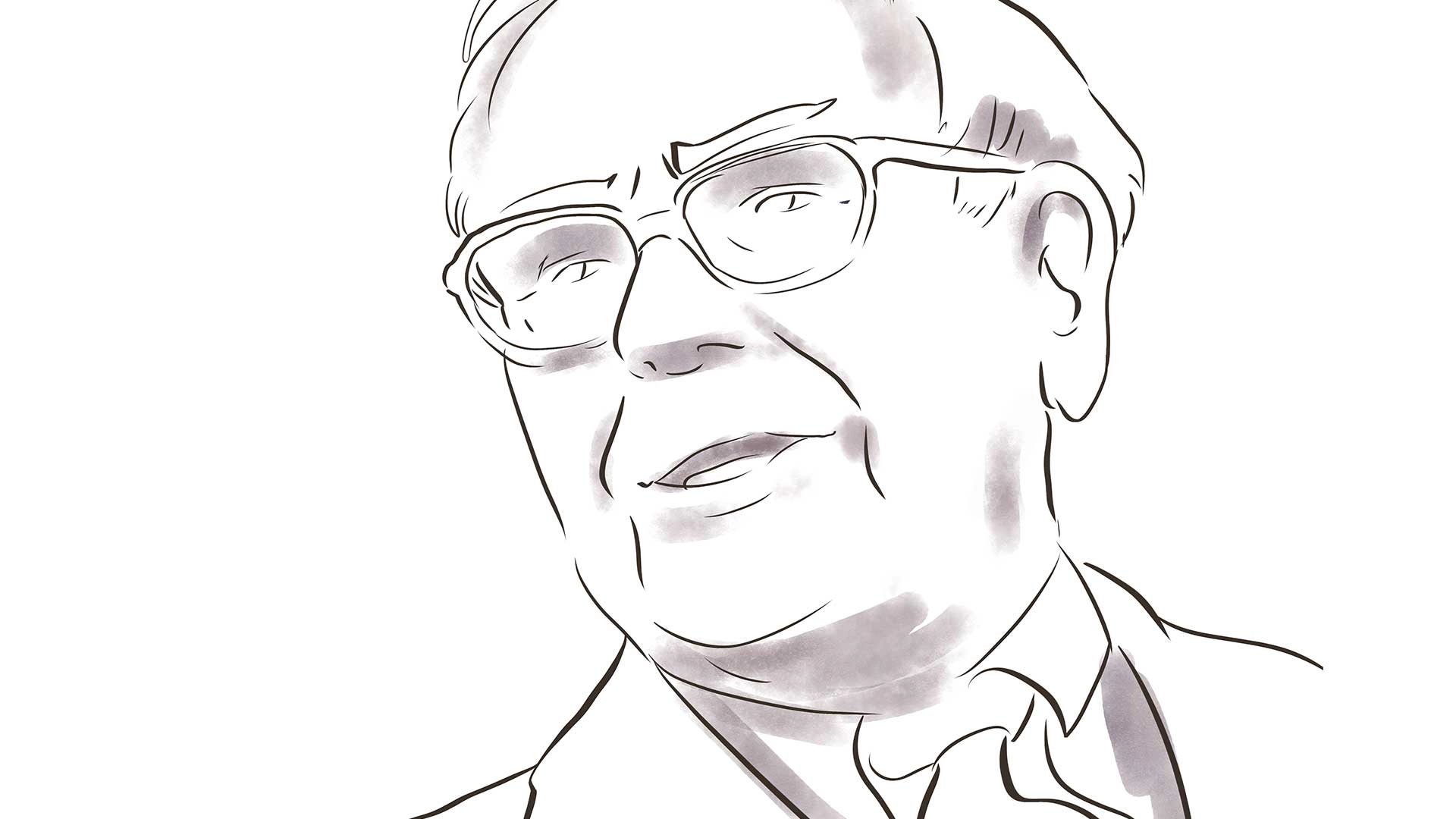The One Trillion Dollar Man
The legendary asset manager Warren Buffet just saw his company Berkshire Hathaway ping over into a $1 trillion company. This is notable because first of all, a trillion dollars. Second of all it’s the first non-tech company to reach this milestone. Started in 1939 as a humble textile manufacturer the company has grown and morphed into a conglomerate that has time and again beaten the market. Buffet took a majority stake in 1965 and has never looked back, much of that time with Charlie Munger who passed away in 2023 at the age of 99.
Currently Berkshire Hathaway has a $314 Billion Portfolio in 45 stocks, not including two index funds, Vanguard S&P 500 ETF and SPDR S&P 500 ETF Trust. Despite looking like a pretty even spread this famously cautious investor keeps outsized positions in his favourites with 79% of the portfolio lumped into just eight holdings.
Apple sits at the top of his investments after initially getting in on the tech brand in 2016 and slowly growing his position over time. Earlier this year he made headlines when he halved his position in the stock when he sold 389.4 million Apple shares. Initially this sparking panic from other investors wondering what he knew that they didn’t. In the short term at least nothing catastrophic has happened and the shares have maintained their growth.
So what is his secret to beating the market so consistently for so long? He certainly isn’t married to Nancy Pelosi. One of his most easily digested pieces of advice is to stick in your wheelhouse. Invest in what you know otherwise it’s just a gamble. He also has a penchant for holding.
“I’m not recommending that people buy stocks today or tomorrow or next week or next month. I think it all depends on your circumstances. But you shouldn’t buy stocks unless you expect, in my view, you expect to hold them for a very extended period and you are prepared financially and psychologically to hold them the same way you would hold a farm and never look at a quote. You don’t need to pay attention to them.”
In a more practical way he laid out In a 2013 letter to investors his simple strategy.
“We first have to decide whether we can sensibly estimate an earnings range for five years out or more. If the answer is yes, we will buy the stock (or business) if it sells at a reasonable price in relation to the bottom boundary of our estimate. If, however, we lack the ability to estimate future earnings — which is usually the case — we simply move on to other prospects.”
Buffett has been at the top for so long he’s outlasted many of his own potential successors. While he may be sharper than an incumbent president, Buffett has made plans for eventually stepping down. He named Greg Abel as his heir in 2021.
“I don’t have a second choice. I mean it is that tough to find. But I have also seen Greg in action and I feel 100% comfortable,” he said of Abel in a shareholder meeting in 2023.
In one shareholder event Buffett accidentally referred to Abel as “Charlie”, his longtime business partner Charlie Munger who was second in command from 1978 till his death in 2023.
Abel has a daunting task ahead if he does take over. He lives under the shadow of one of the State’s greatest businessmen. But the day to day has already been transitioning to Abel over the last five years.
“The number of calls I get from managers is essentially awfully close to zero and Greg is handling those,” Buffett said. “I don’t know quite how he does it, but we’ve got the right person, I can tell you that.”
Companies Worth over $1 Trillion
1. Apple (AAPL)
Market cap: $3.51 trillion
2. Microsoft (MSFT)
Market cap: $3.11 trillion
3. Nvidia (NVDA)
Market cap: $3.03 trillion
4. Alphabet (GOOGL)
Market cap: $2.04 trillion
5. Amazon (AMZN)
Market cap: $1.81 trillion
6. Meta Platforms (META)
Market cap: $1.33 trillion
7. Berkshire Hathaway
(BRK.A & BRK.B)
Market cap: $1.0 trillion
Buffett’s Biggest Positions
Figures show rough market value
1. Apple $90 Billion
2. American Express $38 Billion
3. Bank of America $37 Billion
4. Coca-Cola $27 Billion
5. Chevron $17 Billion
6. Occidental Petroleum $14 Billion
7. Moody’s $11 Billion
8. Kraft Heinz $11 Billion

